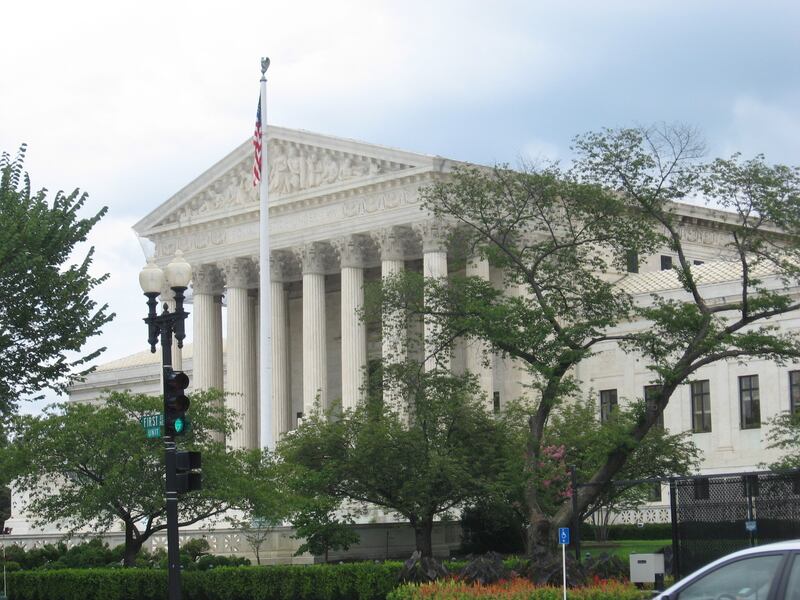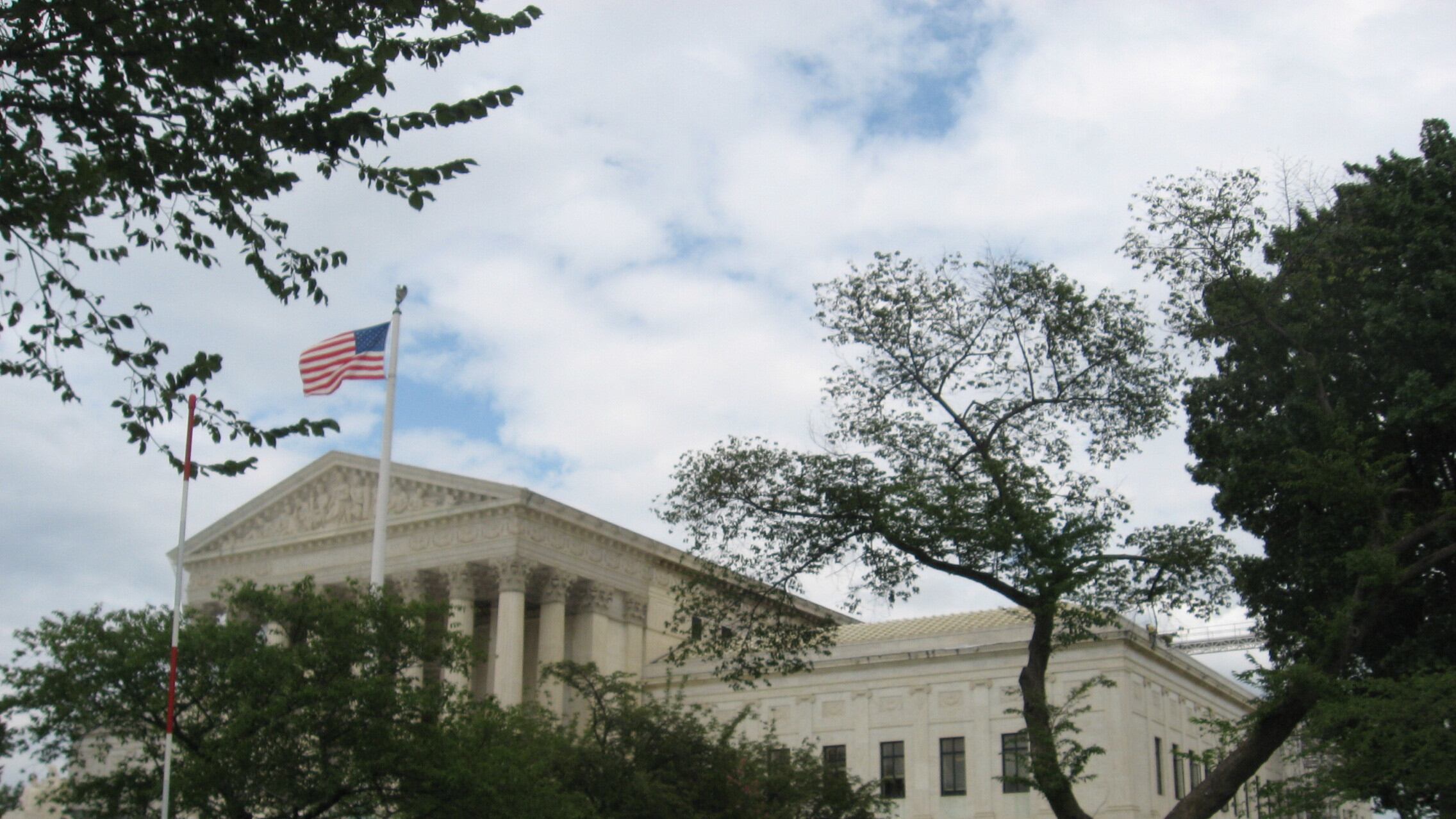The president-elect of the United States, Donald Trump, has been announcing the officials who will make up his government cabinet, while at the same time, he is pushing for his appointments to be final without needing Senate approval.
Constitutionally, in the United States, the Executive Branch must have the approval of the Legislative Branch for the appointments of its top officials. The President nominates them and the senators confirm or reject them. This way, it prevents the White House from appointing unqualified individuals to positions based solely on interests, ideologies, or radicalism.
PUBLICIDAD
However, The New York Times reported that Trump is seeking to take advantage of Senate legislative recesses to appoint members of his cabinet during these breaks, without having to go through the approval of lawmakers, something that suggests that his second term could be more radical than the first.
Trump's aspirations have the advantage that his Republican party has a majority over the Democrats in Congress. It is not ruled out that the senators from his political side may give in to his provisions, renouncing their role of evaluating the nominees for the various cabinet positions.
The strategy that Trump has outlined on his social media is for Republicans to select a Senate Majority Leader, who will be the one to call for recesses. During this time, as President, he will be able to unilaterally appoint his senior officials.
"The New York Times says, 'While there is no obvious legal obstacle to Trump's request, it would be an extraordinary violation of constitutional norms. There is no historical precedent of a deliberate and total abandonment by the Senate of its role to decide whether to confirm or reject the president's decisions to grant power to the government'."
"It's a terrible and unconstitutional idea," legal commentator Ed Whelan stated in an essay for the conservative National Review.
What do the legislative recesses that Trump wants to use to evade the Senate consist of?
The New York Times recalled that during the early governments of the United States, travel was done by horseback, so many times senators took months to arrive at the sessions. When a vacancy arose in the Executive Cabinet and could not be filled immediately due to the absence of a senator, an exception was made in the Constitution, allowing presidents to temporarily fill vacancies without Senate confirmation when it was in recess.
Currently, senators meet throughout the year, and if there is any absence, they can quickly attend the sessions. However, recesses are still in the Constitution and could potentially give control to Donald Trump in alliance with his powerful figures.

“A man who had the sole disposition of offices would be much more governed by his inclinations and private interests than when he was obliged to submit the convenience of his choice to the discussion and determination of a different and independent body, and that body a branch of the legislature,” wrote Alexander Hamilton in an essay in the Federalist Papers.
High-ranking officials appointed during Senate recesses will hold their positions until the end of the following Senate session, which means that if they are appointed during a recess at the beginning of 2025, they will serve in their position until the end of 2026.
According to the Supreme Court, a Senate recess of at least 10 days is enough for a president to bypass the confirmation of their appointees.
"To prepare for Trump, the majority leader would have to be willing to present a motion to postpone the session for at least that period of time. Then, the Senate would hold a simple majority vote," explains The New York Times, adding that "if no motion to postpone is approved, the chamber would remain in session."
Previous presidents have made appointments during Senate recesses, but Donald Trump wants to do it systematically, highlighting it as something unprecedented in the history of the United States.
The days continue to pass, and there is still the expectation of whether the Republicans will cede total control to Trump, something that, according to experts, would reinforce radicalism in power.
